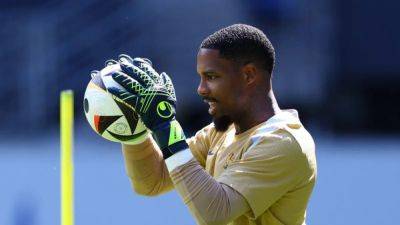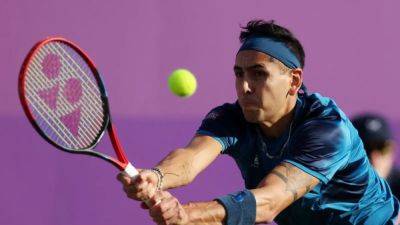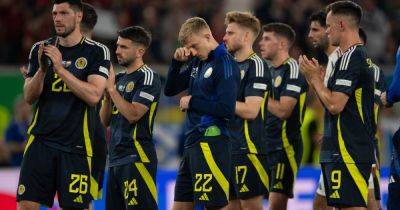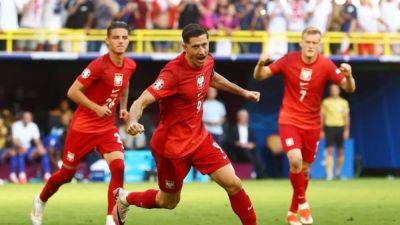Euroviews. Europeans should bet on modernising the World Bank and IMF
Established 80 years ago, in July 1944, at a time before many developing countries had gained independence, the Bretton Woods institutions reflect the governance and priorities of a very different era.
Yet, despite their shortcomings, the two institutions remain critical instruments through which European countries can mobilise climate and development finance for low- and middle-income countries — and, in doing so, pursue Europe’s own climate ambitions.
The World Bank (often described simply as The Bank) plays a unique role in the international system. Its central function — to leverage shareholder capital, borrow on international capital markets, and then lend cheaply to developing countries — is effective and exceptional.
Since its creation in 1944, the World Bank’s International Bank for Reconstruction and Development (IBRD) has received $19 billion (€17.7 bn) from shareholders and turned it into over $800bn (€744.9bn) in lending.
While regional development banks (such as the African Development Bank and European Investment Bank) play an important role, none lend to developing countries on the scale of the World Bank.
In the 1990s and 2000s, the primary criticism of the Bank was that it enforced harmful policy conditionalities on borrowing countries.
But the debate has shifted to one in which activists and leaders in the global south want more of what the Bank can offer. Yet, they consider it too small and too slow to meet today’s challenges of climate change and geopolitical fragmentation.
This demand was on display at an African Heads of State meeting in April when leaders called for a record scale of replenishment — $120bn, or €111.7bn — for the World Bank’s concessional lending arm, the International Development








